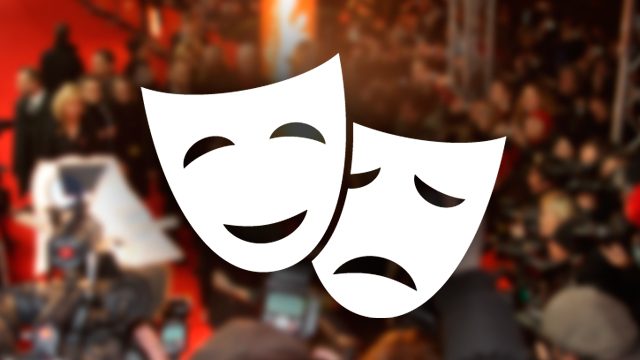SUMMARY
This is AI generated summarization, which may have errors. For context, always refer to the full article.

LOS ANGELES, USA – Robin Williams’s death has confronted Hollywood once more with the troubles haunting some of its stars, despite the movie industry’s efforts to improve mental health support for its employees.
The list of stars who took own lives or succumbed to addiction is long, and includes Philip Seymour Hoffman, Heath Ledger, Brittany Murphy, River Phoenix, Judy Garland and Marilyn Monroe.
Others have survived but struggle with alcohol, drugs or depression, like tabloid staple Lindsay Lohan.
Lena Dunham, the young comic star and creator of the Girls series, took to Twitter to eulogize Williams, one of the most accomplished and recognized actors of his generation. But she also stressed the need to continue the dialogue about mental health issues in order to benefit those affected.
A tragic reminder that the conversation about mental health CANNOT stop. Money, fame, artistic freedom- none of it is a barrier.
— Lena Dunham (@lenadunham) August 12, 2014Some critics question whether the demanding television and movie industry does enough to protect its stars from their personal demons.
But Bull’s Eye Entertainment production company owner Tom Nunan said the industry was not to blame for personal tragedies.
“The bigger issue is US and Western culture not making clear enough that there are ways out,” said Nunan, who teaches at the UCLA School of Theater, Film and Television.
He said proper treatment can help sufferers and called for more vigilance about depression and addiction in the United States, where about 100 people commit suicide each day.
The Screen Actors Guild contract provides health insurance that covers addiction treatment.
And the non-profit Motion Picture and Television Fund provides health insurance to industry members who can’t afford it. The group is among several programs that pay for psychotherapy, including MusiCares MAP Fund for the music industry.
Tolerant industry
Psychotherapist Judi Bloom noted that artists who have been treated for alcoholism, addiction, depression and other ailments are readily hired and rarely ostracized.
“The industry is incredibly accepting in embracing people and letting them know it’s a disease and not a problem with their character or their weakness,” said Bull’s Eye’s Nunan.
And “Los Angeles is much more tolerant than most American cities,” said psychologist Tricia Doud. “There is no stigma here when you say you have a therapist.”
For Bloom, the fact that the addiction and depression problems of stars attract more attention than for the average person is a “good thing” because it shines a light on the issue.
But “the problem of addiction is a far larger problem” that affects society as a whole, she stressed.
Artists are generally highly narcissistic, but that does not mean that every artist is an addict, Bloom said.
“Creative impulse means constantly seeking some kind of validation,” which can trigger a sense of emptiness and a quest for validation from others, she added.
Williams had struggled openly with his addictions and depression for years, and had received help, including from the highly reputed Hazelden Addiction Treatment Center.
“Medical science is not perfect,” Bloom said.
“Say you have somebody with a heart condition. You give them all the medication you know. you advise them on diet, on all the aspects of your life. They’ll still die of a heart attack.
“It is the same with depression.”– Rappler.com
Hollywood red carpet and theatrical masks images from Shutterstock
Add a comment
How does this make you feel?
There are no comments yet. Add your comment to start the conversation.